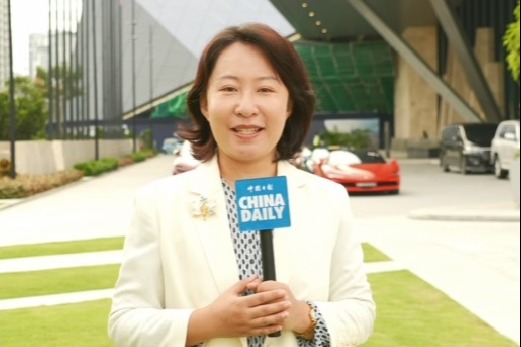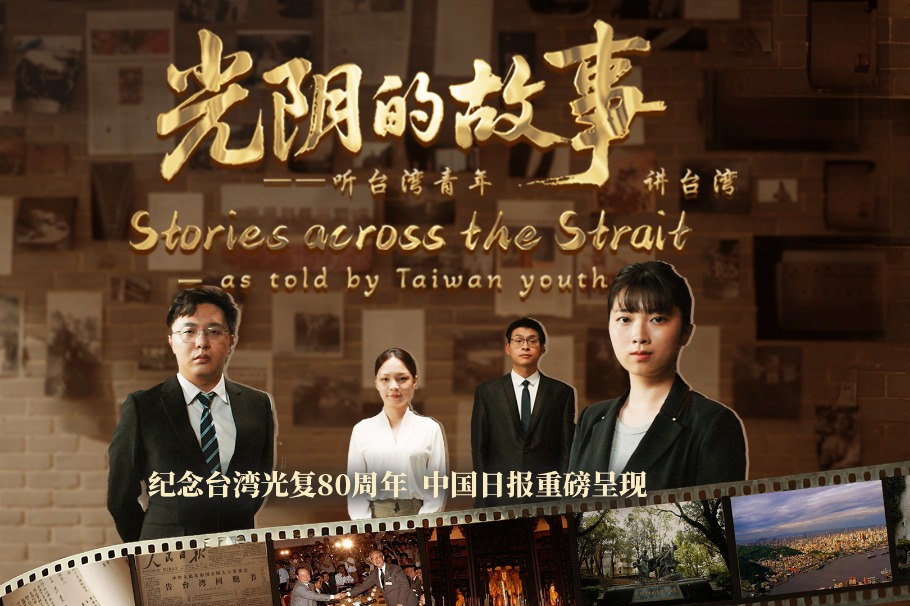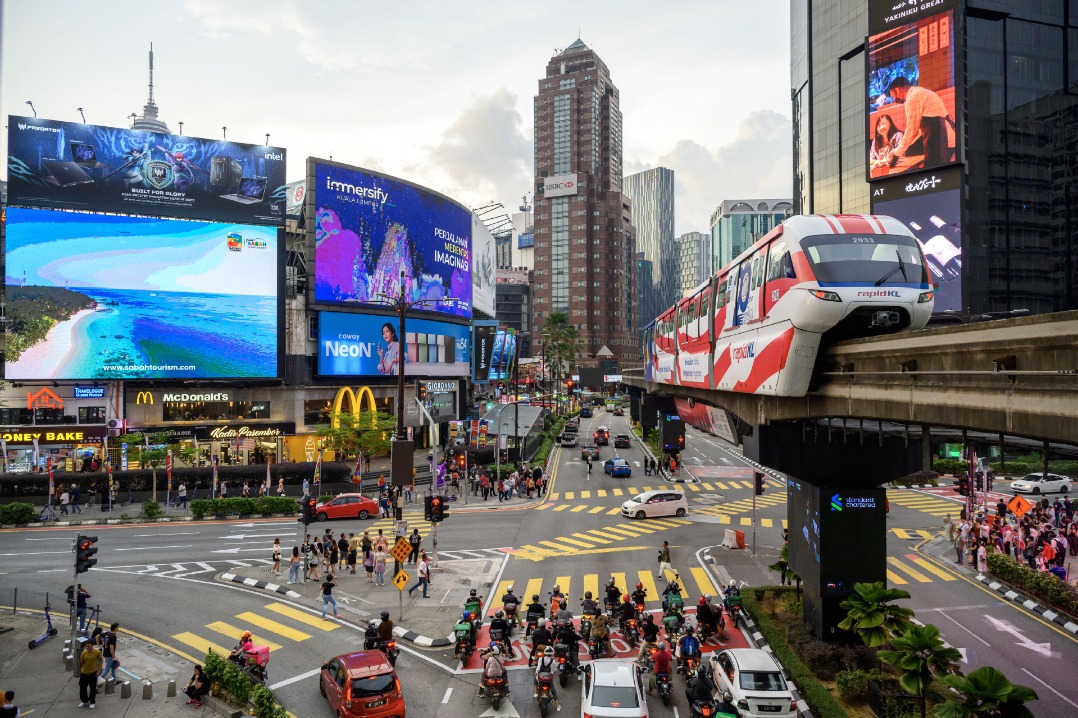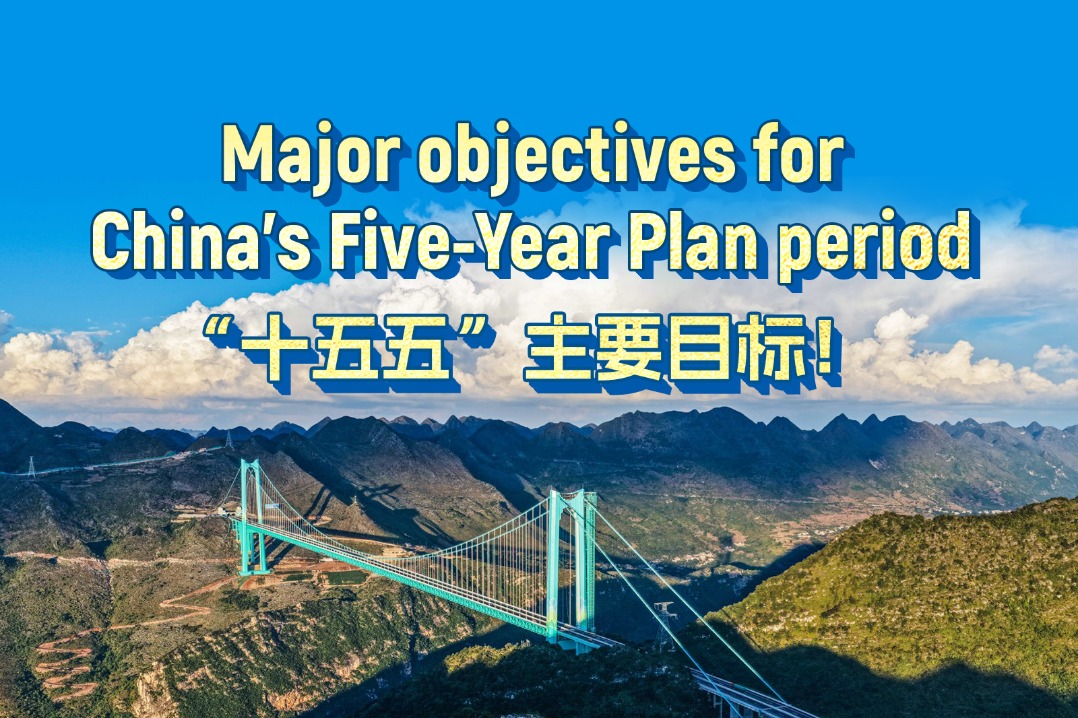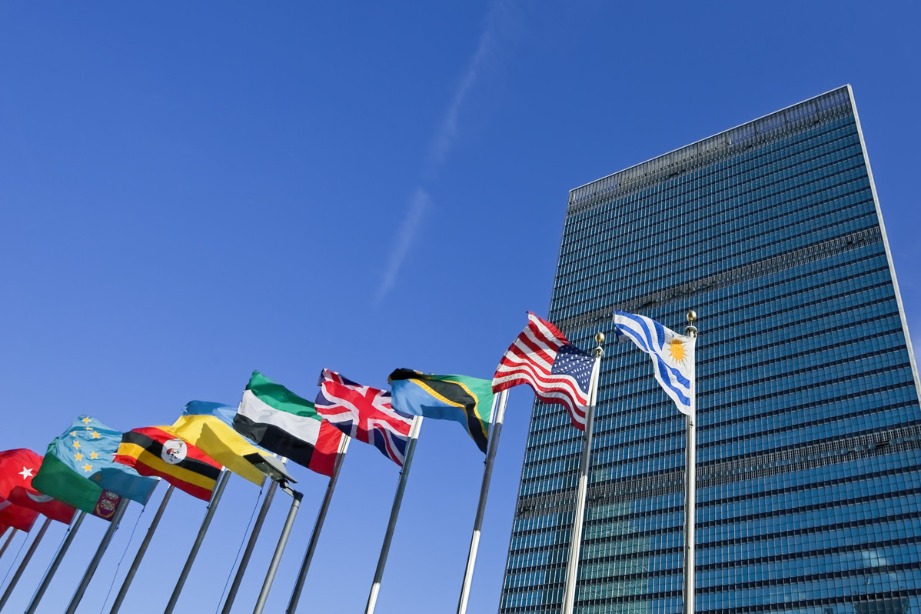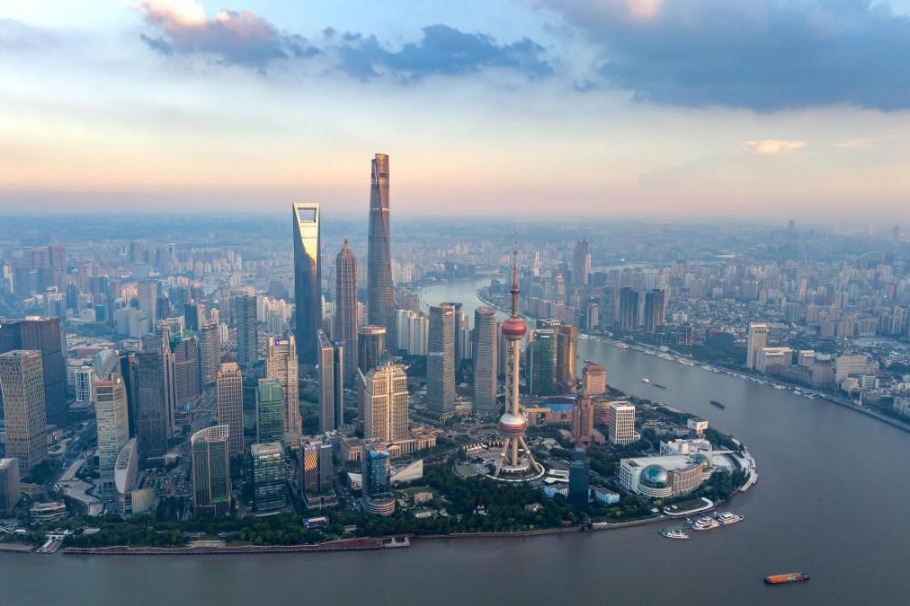Support the UN for the 21st century

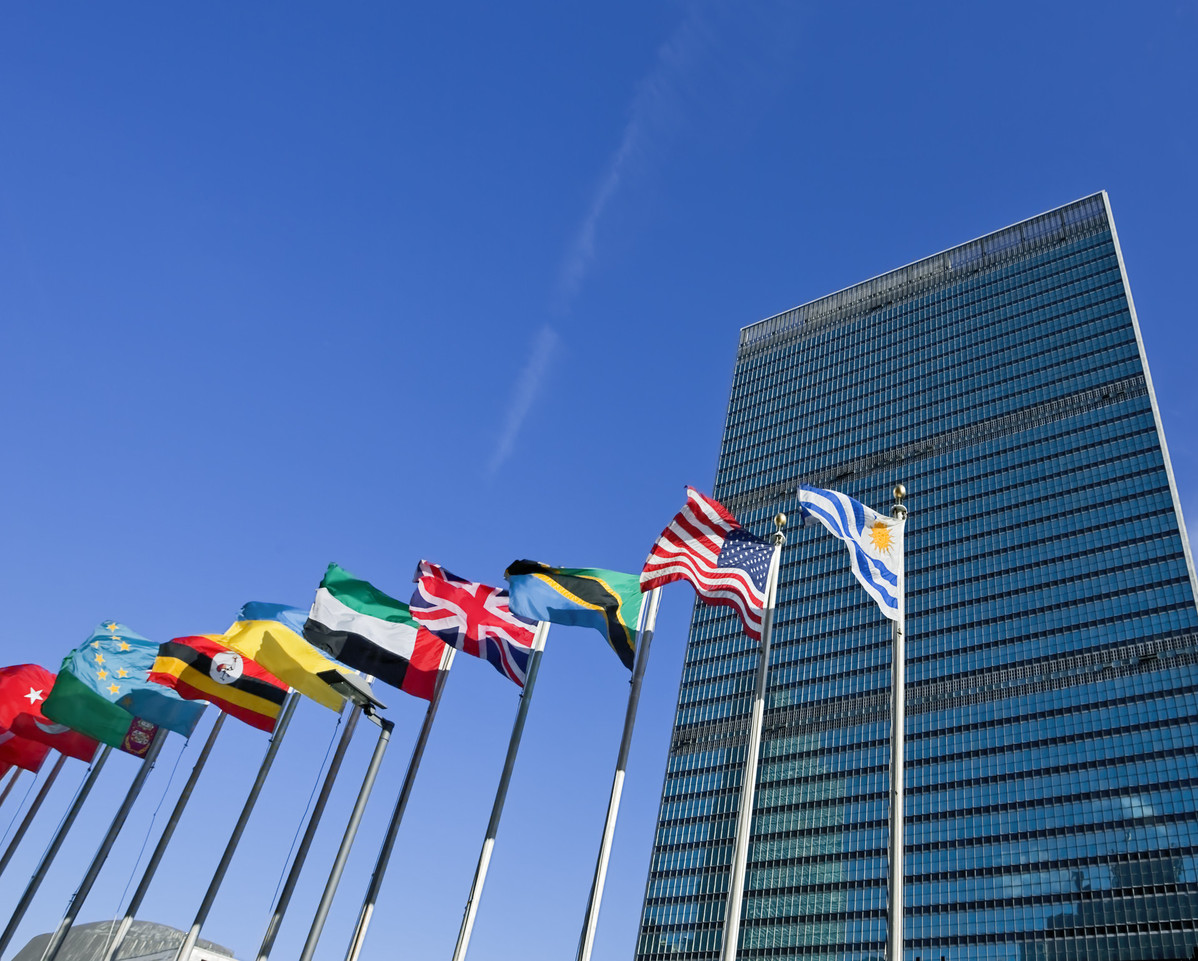
As the United Nations celebrates its 80th anniversary in 2025, it is a moment for both jubilation and clear-eyed reflection. The UN, born from the ashes of global conflict, stands as one of humanity's most ambitious experiments in collective security. Its role in shaping a stable postwar order — fostering dialogue and preserving peace — is a legacy we can all be proud of. The prevention of large-scale conflicts that may lead to another world war stands as a powerful, if silent, testament to its value. We must appreciate and honor these significant achievements, which have shaped the world we live in today.
As Victor Hugo affirmed, "even the darkest night will end, and the sun will rise". Thus, it was from the ruins of World War II that the international organization that would become the main driving force for peace was born. In the auditorium of the Herbst Theatre in San Francisco, California, delegates from 50 nations signed the United Nations Charter on June 26, 1945. It came into force on Oct 24, 1945, with the goal of avoiding the scourge of war. The winning Allies wanted to create an international collaboration system to maintain collective peace and security. To this end, five countries play key roles in the Security Council — China, France, Russia (formerly the Soviet Union), the United Kingdom, and the United States — to avoid a similar failure to that of the UN's unsuccessful predecessor, the League of Nations.
One of the fundamental guiding principles of the UN is that all members shall refrain in their international relations from the threat or use of force against the territorial integrity or political independence of any state. The UN also aims to promote universal respect for, and observance of, human rights and fundamental freedoms for all without distinction of race, sex, language, or religion.
For the past 80 years, there is no doubt that the world has breathed more easily thanks to the existence of the UN.
The organization's contributions are legion. Through diplomacy, mediation, and the vital work of its peacekeeping forces, it has repeatedly prevented regional crises from escalating into global conflagrations. In many crisis-ridden countries, UN missions have provided stability and paved the way for reconstruction. Its humanitarian agencies — UNHCR, UNICEF and the World Food Programme — have been a lifeline for the most vulnerable. The Universal Declaration of Human Rights remains a moral compass, while the Sustainable Development Goals continue to rally nations around common aspirations for a better world.
Beyond composition, the very location of the UN's headquarters has become a point of symbolic and practical friction. Placing the world body in New York in 1945 acknowledged the pre-eminence of the US. Eight decades on, this choice presents liabilities. The host nation's tendency to leverage its position — through visa restrictions and political pressure — undermines the principle of universality. This tension has been laid bare during the current US administration, whose open skepticism of multilateralism highlights a concerning divergence between the host country and the institution's founding mission.
Therefore, mere tinkering at the edges will not suffice. The world needs to uphold the UN-centered international order while supporting its bold reform. As the old saying cautions, one cannot put new wine into old wineskins. A structure designed for the 20th century cannot contain the ambitions of the 21st. We must recognize the urgency of this need for bold change and the importance of acting now.
The UN needs to prove a stronger commitment to genuinely inclusive multilateralism, giving nations across Asia, Africa and Latin America a greater sense of ownership. This inclusivity is not just a choice, but a necessity for the UN's future, and a value we should all uphold. It is through inclusivity and legitimacy that the UN can truly serve its purpose in the 21st century.
It would rebalance the UN's legitimacy and imbue it with renewed moral authority for the challenges ahead. The peripheries of 1945 must become the centers of 2025 if the UN is to retain its relevance.
Eighty years on, the UN stands at a crossroads. Its past achievements deserve our respect, but our reverence must not become an obstacle to necessary evolution. To preserve the spirit of San Francisco — the commitment to peace, justice, and collective action — the world must have the courage to embrace bold change. Through expanded representation, deeper inclusivity, and a symbolic rebirth, the UN can reclaim its vital mission for the century to come.
The author is a visiting professor at the China Foreign Affairs University, and senior fellow at the Policy Center for the New South.
The views don't necessarily represent those of China Daily.
If you have a specific expertise, or would like to share your thought about our stories, then send us your writings at opinion@chinadaily.com.cn, and comment@chinadaily.com.cn.
















